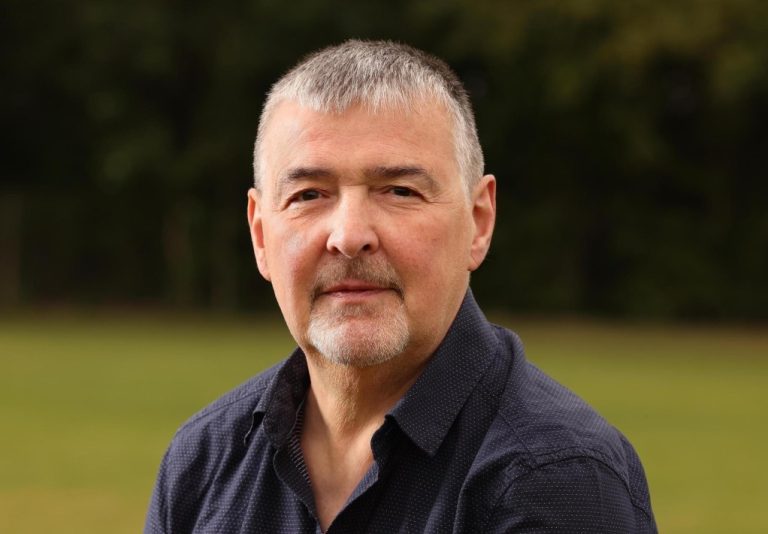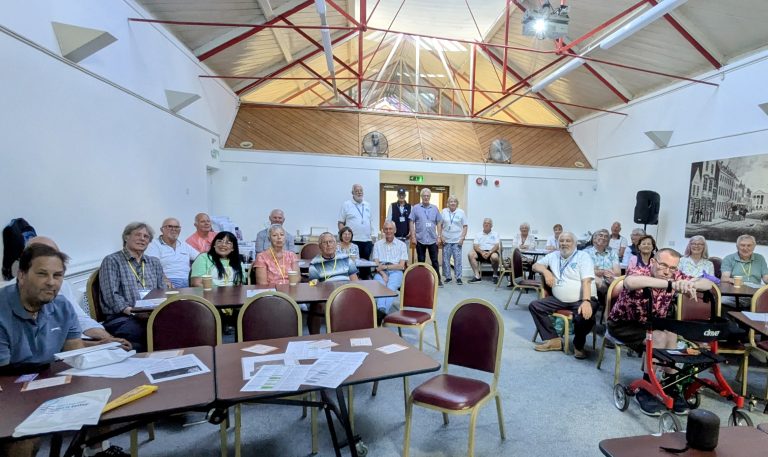Ninety percent of men who had surgery or radiotherapy to cure their prostate cancer in the English NHS rated their care as 8 or above on a scale ranging from 0 (“very poor”) to 10 (“very good”) according to the third annual report of the National Prostate Cancer Audit (NPCA) published by the Clinical Effectiveness Unit at the Royal College of Surgeons today. The audit is commissioned by the Healthcare Quality Improvement Partnership (HQIP) as part of the National Clinical Audit Programme.
Prostate cancer is the most frequently diagnosed cancer in men and the third most common cause of cancer-related mortality in the United Kingdom, with about 40,000 new cases each year resulting in 10,000 deaths. The NPCA audit looks at whether NHS services in England and Wales for men diagnosed with prostate cancer meet recommended standards.
In its third year, the NPCA investigated the care men received following a diagnosis of prostate cancer between April 2014 and March 2015 in the English NHS. The report also contains the first preliminary results for men diagnosed in Wales between April 2015 and October 2015.
The audit found four out of five men reported that their views were taken into account, that they had been involved when decisions about their care were made, and that they were given the contact details of a clinical nurse specialist who would support them through their treatment. These results were based on just over 5,450 responses to a survey that was mailed to all men who had had curative treatment 18 months after their prostate cancer was diagnosed.
The survey also showed that many men reported poor sexual function as a side-effect of their curative treatment. However, urinary incontinence, which is another possible side-effect of the treatment, was reported by most men as a much less severe problem. In response, the audit recommends that all men who have side-effects of prostate cancer treatment should have early and ongoing access to supportive specialist services.
Professor Heather Payne, NPCA Oncological Clinical Lead, representing British Uro-oncology Group, said:
“The National Prostate Cancer Audit demonstrates that men with prostate cancer who have curative treatment report a good experience of the care that they receive.
“It is welcome news that men report that they are involved in the decision- making process with regards to their management. It is also reassuring that the majority of men have access to a specialist nurse who plays an important role when these decisions are being made and later will provide further support after the treatment is completed.”
The audit also demonstrates that in England the percentage of men with locally advanced prostate cancer who undergo curative treatments with surgery and/or radiotherapy continues to rise. This percentage increased from 27% between 2006 and 2008 and 47% between 2010 and 2013 to 61% in men diagnosed between April 2014 and March 2015. The increased use of these therapies in men with locally advanced cancer is in line with national guidelines.
Professor Noel Clarke, NPCA Urological Clinical Lead, representing British Association of Urological Surgeons, said:
“It is very encouraging to see that the number of men with locally advanced prostate cancer (prostate cancer that has a high risk of spreading but is still potentially curable) who receive curative primary treatment is still going up. We know that in particular healthy older men have the potential of a long-term cancer cure with multimodal curative therapies.”
In Wales, the NPCA commenced one year later than in England. As a consequence of this later start performance indicators reflecting how men with prostate cancer were being treated in the Welsh NHS are not yet available. However, preliminary findings demonstrate that the completeness of the data is excellent which reflects the crucial contribution that clinicians make to the collection of audit data in Wales.
Professor Howard Kynaston, NPCA Urological Clinical Lead in Wales, said:
“The high level of completeness of data collection that the Audit received for Welsh patients demonstrates that we have an unrivalled opportunity to evaluate cancer services provided to men with prostate cancer by the Welsh NHS.
“I look forward to seeing the results for key performance indicators that will inform how well the prostate cancer services provided to men diagnosed in Wales meet national guidelines.”
The NPCA is commissioned by the Healthcare Quality Improvement Partnership (HQIP) as part of the National Clinical Audit Programme in response to the need for better information about the quality of prostate cancer services in England and Wales.
The audit is based in the Clinical Effectiveness Unit (CEU) at the Royal College of Surgeons of England (RCS) and is led by clinical experts from the British Association of Urological Surgeons (BAUS) and the British Uro-Oncology Group (BUG). The National Cancer Registration and Analysis Service (NCRAS) manage the data collection in England and Public Health Wales does the same in Wales.



